The CEO’s Right Hand recently launched a podcast series discussing the growth challenges that small businesses face today, while offering fractional finance and accounting solutions in a CEO Studio Sit-Down. Here, William Lieberman, Founder and CEO discusses Leveraging Debt to Finance Your Business.
Christa Lauri, Host -CL
William Lieberman, Guest Chief Executive Officer –WL
CL – Well joining us now is William Lieberman. He’s the founder of The CEO’s Right Hand which is based here in Rockville Centre. Thanks for being with us on Money and Main Street William.
WL – Thanks Christa great to be here.
CL – So William today we’re talking about leveraging your debt for a small business and recognizing that not all debt is bad.
WL – There are going to be times when you need to make an investment in the business and you need to borrow funds to do so because you don’t have enough capital yourself and if you know that, there’s going to be return on those funds because you’re going to add a marketing person or add a store then you know that there’s going to be cash flow to be able to repay that loan. So just like you get personal debt, you have a mortgage on your house, you can borrow on your business to invest in that business and turn that into more money down the road
CL – And now let’s break down the types of debt. You talk about you can get either secured, unsecured and of course there are alternative sources.
WL – So secure loan mean that the bank or the lender has the right to take those assets if you don’t repay the loan, so there’s going to be various types of security. It could be equipment financing, so if you’re buying a bunch of equipment in the kitchen or computer equipment, whatever it might be, they have a lien on those assets, the leasing company. If it’s a bank, they might finance your receivables, so if you have invoices out there that you are going to collect on, they’ll attach those receivables and if you don’t repay them, they’ll collect from your customers before you can. So it’s important to understand that security is critical for the banks to know or the lender to know that they’re going to get repaid. There’s also factoring. Factoring is just another way for the financing on the receivables. A little bit more expensive, but there’re non-bank lenders that will do factoring for you.
CL – And so why would you go to unsecured as opposed to secured?
WL – It depends on the type of business. Maybe your software business and you don’t have a bunch of equipment, right, or you don’t have a bunch of receivables. Maybe you’re an e-commerce business and you don’t have necessarily the type of asset that the bank is willing to secure and lend against and so that’s when you need to go down unsecure path and there are a variety of ways of getting unsecured debt, from credit cards, to even a personal bank loan. Using debt the right way can be very advantageous and it’s much cheaper than equity.
CL – And then the alternative sources that you would recommend or tell people to consider?
WL– Right, alterative sources can be things like peer-to-peer lending, the other types of grants that are out there; SBA loans are actually very interesting, lower interest rate, longer term frame to get. Then there’s friends and family, but it’s very important to get a promissory note. Get it in writing, even if it’s your best friend or your sister, make sure it is written down.
CL – Get it notarized, absolutely. Of course there are several considerations when it comes to debt terms, so let’s start first with interest rates.
“Just as you have personal debt, with a mortgage on your house, you can borrow on your business to invest in that business and turn that into more money down the road.”
WL – Today the interest rates are lower which is great. When it’s a secured loan the risk to the lender is lower, so the interest in going to charge you as lower, which is great for you. So that’s one advantage of using security, you get to lower the cost of that capital to the business. There’s also the term, how long are you have to repay that loan; short-term one to three years, medium-term three to five and then long-term maybe seven or more. Whether or not you have to give a personal guarantee is very important, it comes up a lot in bank debt. If you have to pledge your own assets to the bank, if something goes wrong, the bank can come after you personally. They can take your house, you’re car. It’s depending on how much your borrowing; it’s a very important consideration.
CL – Now banks, lenders they want to be paid back. Let’s talk about the importance of credit worthiness for small businesses.
WL– It’s just like a personal credit. You need to build credit in your business in order to prove to the bank that you are going to be able to pay them back. So things like, do you have a recurring revenue business? How long have you been in business? Whether or not you have credit history in that business? Have you borrow money and paid it back in the past? Things like that are all very important, as well as your own personal credit. They’ll come to business owner’s credit, even if it’s a company loan. They’ll look at the personal credit of the owner as well.
Listen to the podcast and visit YouTube for the in-studio video.

